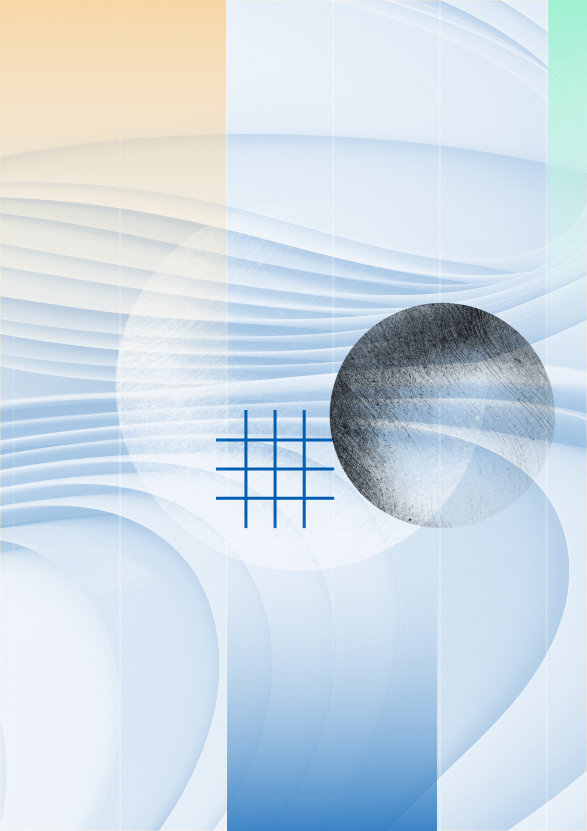

Two Years of Upgrade Democracy: What we have done and what we have learnt
Cathleen Berger, Dr. Kai Unzicker
Our project started with a question: Would the super election year of 2024 also be a ‘super year’ for disinformation? In 2024, around half of the world’s population was called to the polls, including people in India, Indonesia, the European Union, South Africa and the U.S. Not only are we witnessing many crucial elections, but public discourse and sentiment were and remain tense due to wars, economic crises, and the climate crisis – a window of opportunity for manipulation attempts. Our own representative survey confirms: The population is concerned. 84% of Germans see disinformation as a major problem for our society and 81% fear its influence on democracy. It was therefore obvious that we needed to meet these concerns with specific and targeted solutions while also strengthening societal resilience.
We addressed a wide range of topics relating to both, the spread and countermeasures against disinformation with the help pf various impulses, publications, and practical projects. It’s time to condense and bundle the results, experiences, and findings from two years of Upgrade Democracy.
This is why, we are launching a six-part series of articles today, in which we present our key observations. Primarily geared towards political decision-makers, we point to the critical levers where action is needed. The time of merely observing is over. Healthy, resilient digital discourse must be actively shaped. This requires more political attention, more recognition for civil society networks, and more reliable funding.
What the following articles will address
- Our team went on an investigation: In a large-scale, international research endeavour and with valuable support from regional research partners, we mapped trends, actors, and patterns in the (dis)information ecosystem and analysed similarities and differences between the regions. In their article, Cathleen and Charlotte summarise their key observations and call on political decision-makers to pay closer attention and integrate international perspectives into their own actions.
- We take hope from the more than 230 approaches, ideas, and solutions that we were able to identify in all parts of the world and that are all working towards resilient democracies on a daily basis. As inspiring as the variety of initiatives and the methods they use, they need to be developed in a more sustainable and targeted manner, as Joachim explains in his article.
- Methodologically, countermeasures should not be limited to fact-checking, but media and democracy literacy must rather be considered together. Approaches such as “trust-checking” can provide a useful impetus here, as Julia describes in her article.
- Notably in digital spaces, it is important that proposals are backed by reliable data, so that platform responsibility does not remain a mere demand but is effectively implemented. To achieve this, research on digital discourses must be expanded. In her article, Cathleen therefore calls for the establishment of a central point of contact for independent, continuous research on digital platforms.
- However, the issue of platform responsibility cannot just be about the dominant platforms. We must also ask ourselves how decentralised alternatives can be strengthened and better positioned for healthier, democratic discourses – including from political actors. Charlotte provides ideas for this in her article.
- Yet, it is ultimately also important how we want to shape the digital public socially and politically. What are our visions for a healthy and productive public sphere that supports democracy and contributes to mutual understanding? Based on current trends and with a view to different future scenarios, Kai sheds light on what it takes to shape a healthy digital public sphere.
Political action is required
We have learned a lot. And: There is still a lot to do. Above all, political action is required. We must not just observe the problem; we must find solutions. There is no one solution and no one player that can solve everything. Rather, a network of protagonists must work together against malign influence and for a democratic public. These networks must be established, maintained, and financially supported. To counter the disinformation industry, we need a resilient ecosystem that exemplifies and promotes democratic “controversy”. For governments and political decision-makers, this means that the debate about potential restrictions and the protection of freedom of expression must be conducted openly and honestly. International experiences are an important corrective here, as is a strong, well-connected civil society.



